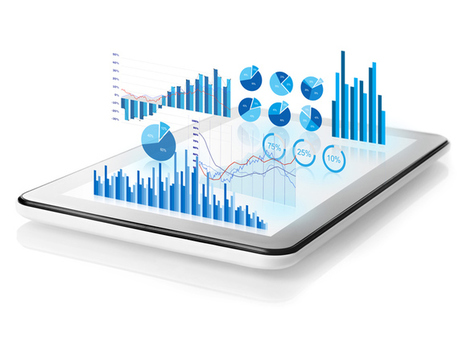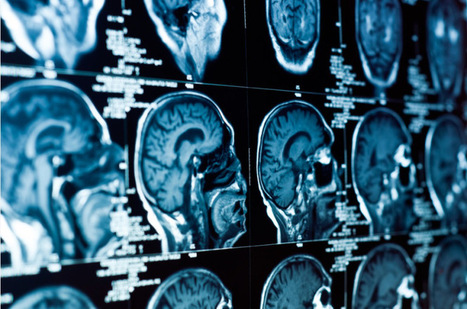As data and analytics are increasingly leveraged in various aspects of the healthcare system, some companies are making use of such capabilities to help clinicians make the best decisions for patients.
One such company is naviHealth. Based in Brentwood, Tennessee, naviHealth provides both payers and providers with post-acute care management expertise. Its nH Predict tool allows clinicians to better predict a patient’s outcomes in order to craft a personalized post-acute care plan.
Using NaviHealths nH Predict tool, clinicians are better able to predict a patient's outcomes and generate a personalized post-acute care plan.
The result of the tool is a simple outcome report that is generated at the beginning of the patient’s stay in a facility or hospital. The report breaks down the patient’s basic information as well as how they’re doing in a variety of categories.
For instance, nH Predict outlines the individual’s gender, date of birth and admission date. It also includes their primary diagnostic group (such as COPD) and their usual living setting (like at home alone or in an assisted living facility).
Finally, the outcome report provides a score for a few of the patient’s functions based on the data of similar patients. It gives a score on the patient’s basic mobility (such as wheelchair skills or ability to take the stairs); daily activity (like bathing and dressing); and applied cognition (including memory and communication).
Additionally, the report creates a total average score for the patient based on their mobility, activity and cognition scores.
read the complete story at https://medcitynews.com/2018/10/navihealth-data-patient-outcomes/
Via nrip



 Your new post is loading...
Your new post is loading...









Nowadays, healthcare data is increasingly being analyzed and complex algorithms created to help various aspects of the healthcare ecosystem.
This technique where some companies are making use of such capabilities to help clinicians make the best decisions for patients, is also not new, and there are startups and enthusiasts working on building self learning algorithms to modify clinical pathways to create better patient outcomes in India, Singapore, Scandanavia. If you are working on something similar, please drop me a note.
Beyond the hype, it will be interesting to see if the hypothesized benefits actually translate into reality.
Plus91's R&D has stayed away from improving/modifying/changing medical care plans but instead we built self learning models both for early detection of diseases, as well as for early prediction of epidemics, and while we have been very successful with demonstrating epidemic prediction, and actually preventing it in 2 cases already, the same success is unfortunately not achieved yet in disease detection.